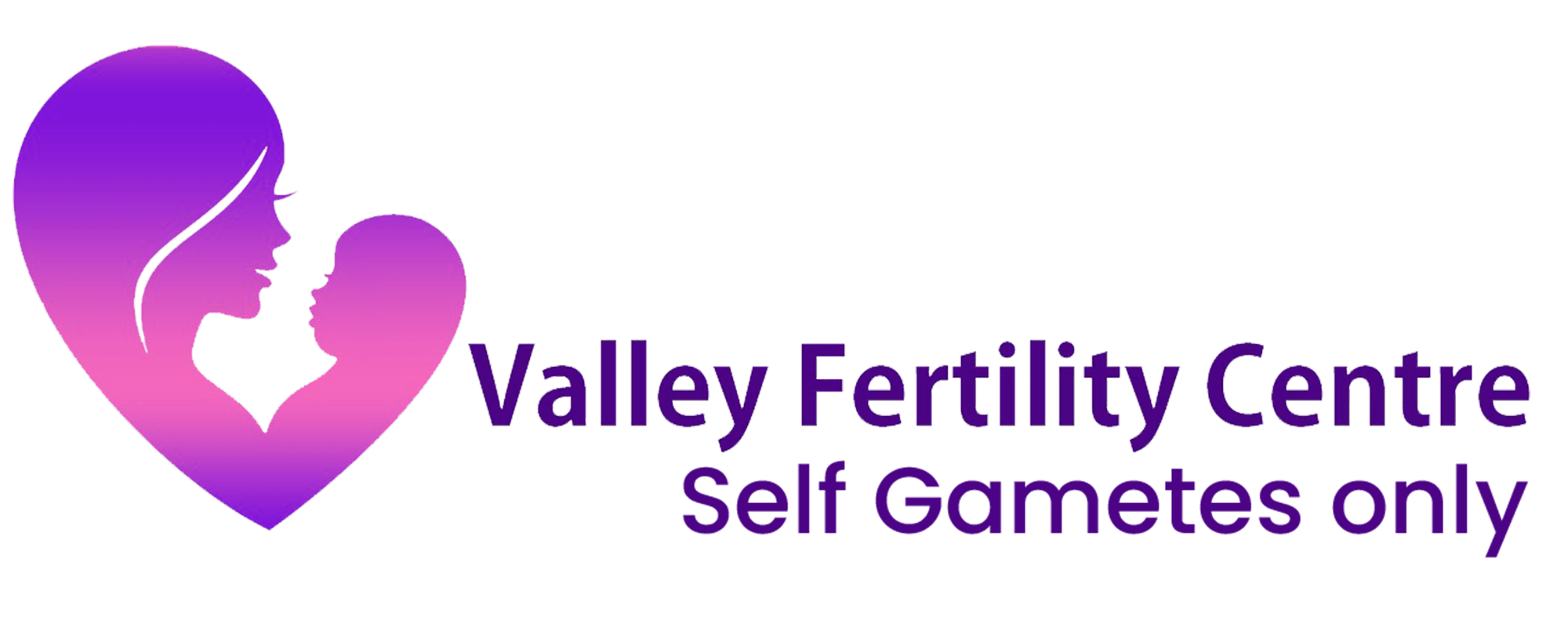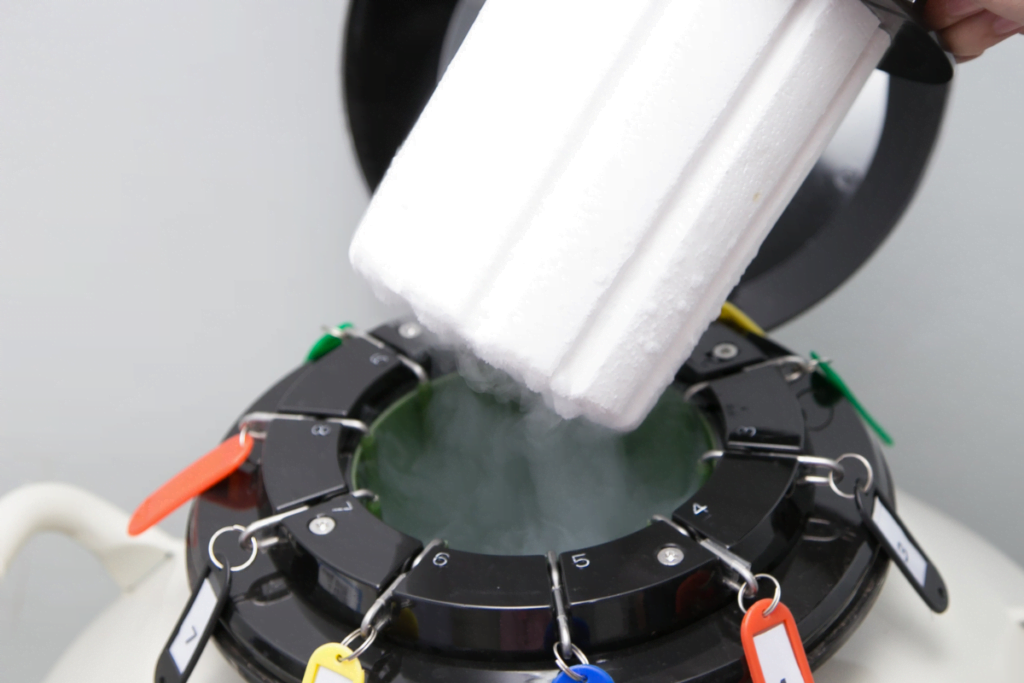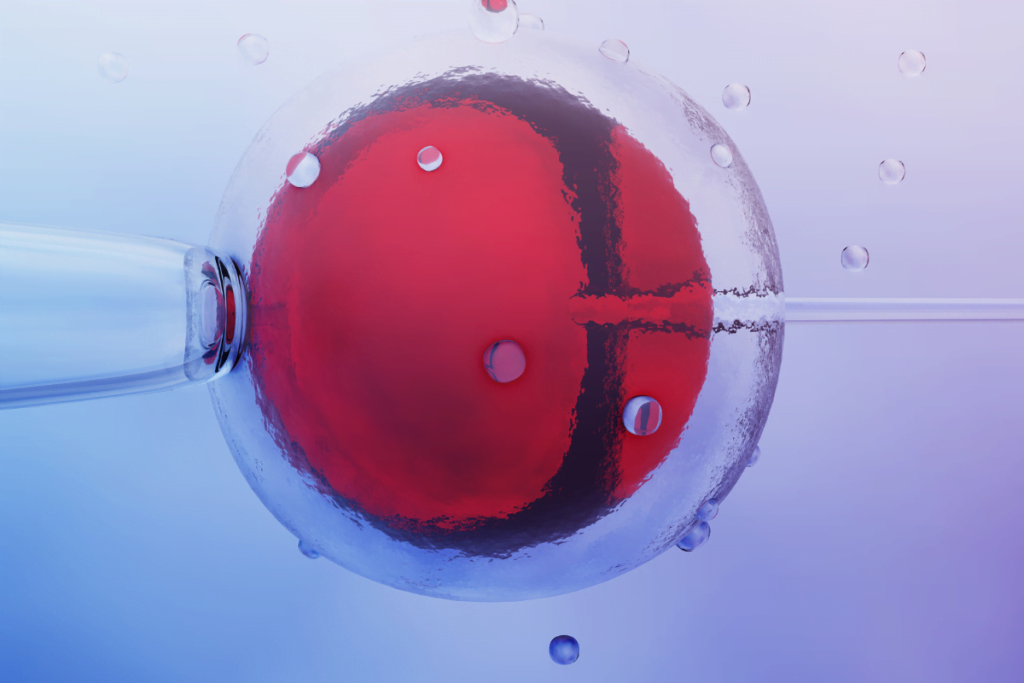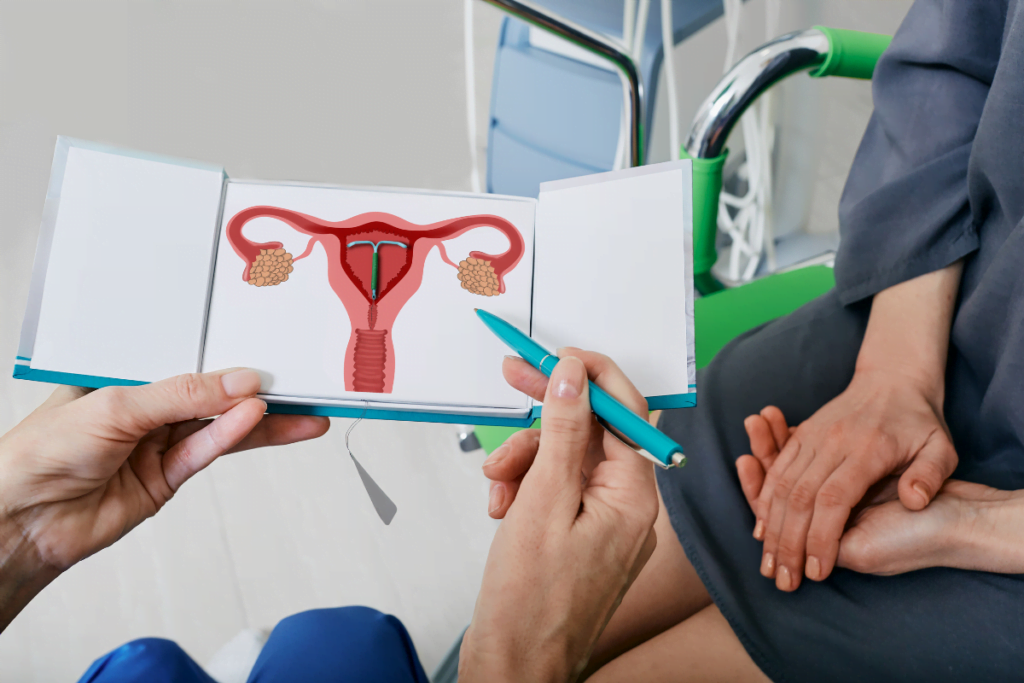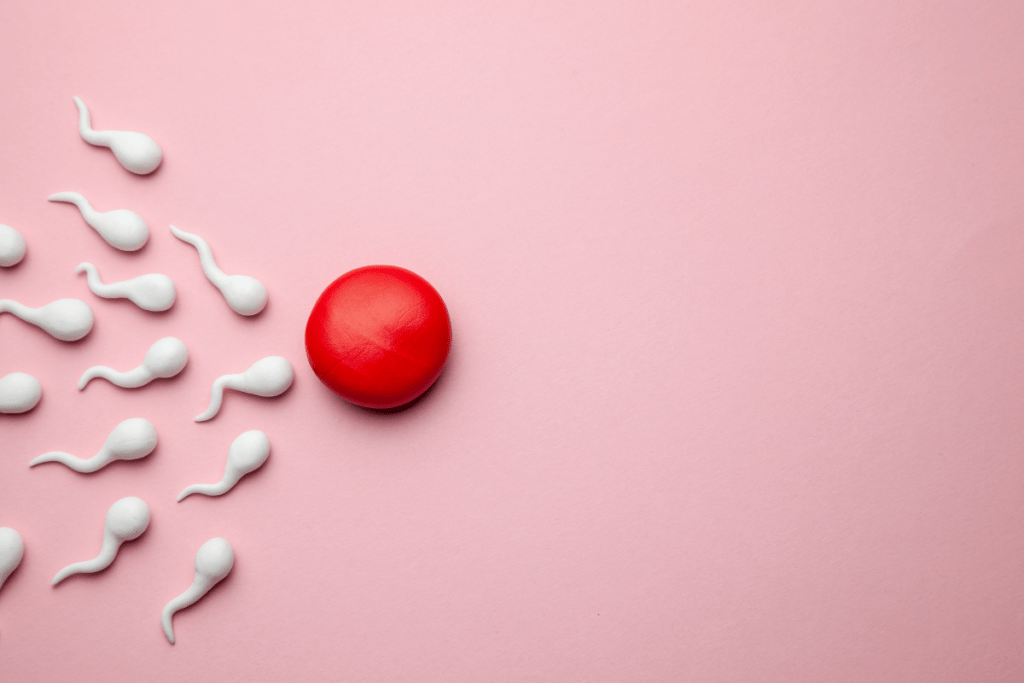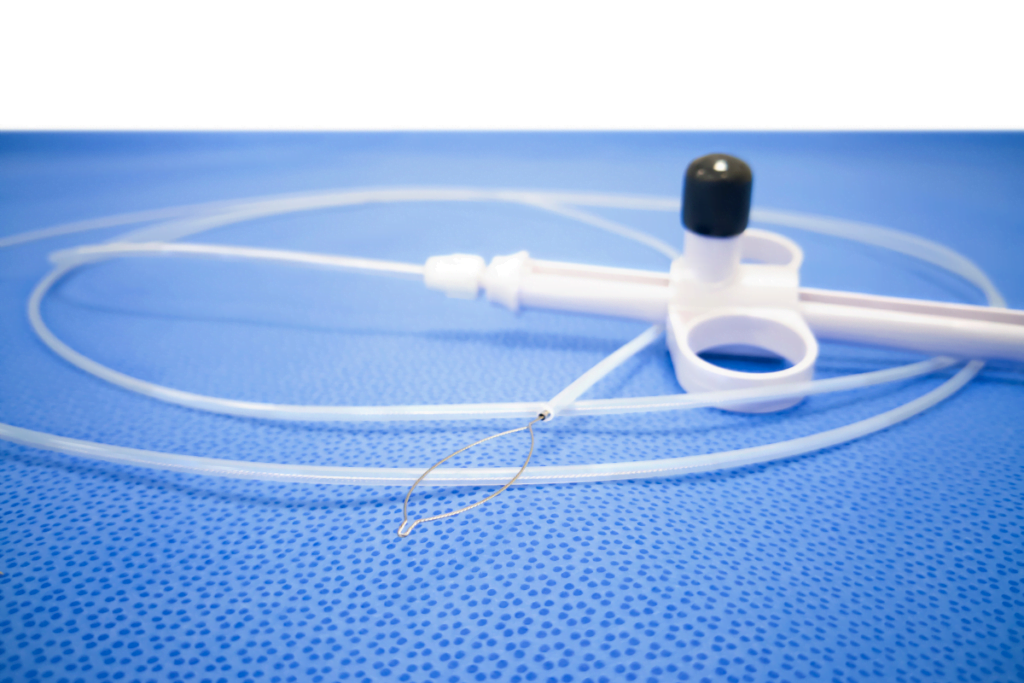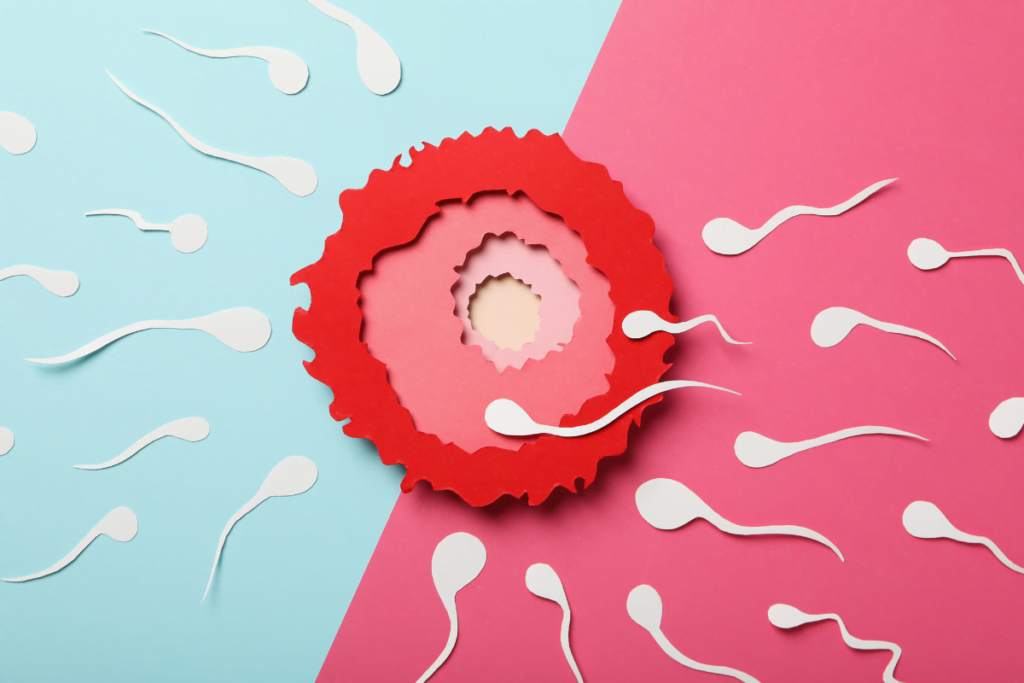Table of Contents
Exploring the Role of Estrogen in Female Reproductive Health
Introduction
Estrogen is a key hormone that plays a significant role in female reproductive health. From regulating the menstrual cycle to maintaining pregnancy and supporting overall well-being, estrogen is vital for a woman’s health. At Valley Fertility Centre, the best fertility centre in Srinagar, we understand the importance of hormone balance for reproductive health. This article explores the crucial role of estrogen, how it affects various aspects of a woman’s reproductive system, and what can happen when estrogen levels are imbalanced.
What is Estrogen?
Estrogen is a group of hormones primarily produced in the ovaries, although small amounts are also made in the adrenal glands and fat tissues. There are three main types of estrogen:
- Estradiol (E2): The most common form of estrogen found in women of childbearing age. It plays a significant role in the development of female secondary sexual characteristics and the regulation of the menstrual cycle.
- Estrone (E1): The primary form of estrogen in postmenopausal women, produced by converting androstenedione, a hormone made by the adrenal glands and ovaries.
- Estriol (E3): The weakest of the three estrogens, it is produced in significant amounts during pregnancy, as it is made by the placenta.
The Role of Estrogen in Female Reproductive Health
- Regulation of the Menstrual Cycle: Estrogen levels fluctuate throughout the menstrual cycle, playing a crucial role in preparing the uterus for pregnancy. In the first half of the cycle, known as the follicular phase, estrogen promotes the growth and thickening of the uterine lining (endometrium). This prepares the uterus for a potential pregnancy. After ovulation, during the luteal phase, estrogen works alongside progesterone to maintain the endometrial lining.
- Development of Secondary Sexual Characteristics: During puberty, estrogen is responsible for the development of secondary sexual characteristics such as breast development, the growth of pubic and underarm hair, and the widening of the hips. It also contributes to the distribution of body fat, giving the female body its characteristic shape.
- Maintenance of Pregnancy: Estrogen supports the growth and function of the placenta, which nourishes the developing fetus. It also helps regulate other hormones, such as progesterone, which is essential for maintaining the uterine lining during pregnancy.
- Bone Health: Estrogen plays a vital role in maintaining bone density. It helps regulate the balance between bone formation and resorption. Low estrogen levels, particularly after menopause, can lead to decreased bone density and an increased risk of osteoporosis.
- Cardiovascular Health: Estrogen has a protective effect on the heart and blood vessels. It helps maintain healthy cholesterol levels and promotes the dilation of blood vessels, improving blood flow. This protection diminishes after menopause, leading to an increased risk of cardiovascular disease.
- Mood and Emotional Well-being: Estrogen influences the production of serotonin, a neurotransmitter that regulates mood. Fluctuations in estrogen levels can impact mood and are linked to conditions such as premenstrual syndrome (PMS) and perimenopausal mood swings.
Estrogen Imbalance: Causes and Symptoms
An imbalance in estrogen levels can lead to various health issues. Estrogen levels can be too high (estrogen dominance) or too low, each causing different symptoms.
Causes of Estrogen Imbalance:
- Polycystic Ovary Syndrome (PCOS): PCOS can lead to irregular menstrual cycles and estrogen dominance, where the ratio of estrogen to progesterone is higher than normal.
- Menopause: During menopause, the ovaries produce less estrogen, leading to symptoms such as hot flashes, night sweats, and vaginal dryness.
- Obesity: Excess body fat can lead to higher levels of estrogen, as fat tissue can produce and store estrogen.
- Hormone Therapy: Hormone replacement therapy (HRT) or certain birth control pills can alter estrogen levels.
- Stress: Chronic stress can disrupt hormone balance, leading to fluctuating estrogen levels.
Symptoms of Estrogen Imbalance:
- Irregular menstrual cycles
- Heavy or light menstrual bleeding
- Breast tenderness
- Bloating
- Mood swings and irritability
- Fatigue
- Weight gain, particularly around the hips and waist
- Decreased libido
- Osteoporosis (in cases of low estrogen)
How to Maintain Healthy Estrogen Levels
- Healthy Diet: A balanced diet rich in fruits, vegetables, whole grains, and lean proteins can help regulate estrogen levels. Foods high in phytoestrogens, such as flaxseeds, soybeans, and lentils, can naturally balance estrogen levels. Avoid excessive intake of processed foods, sugar, and alcohol.
- Regular Exercise: Physical activity helps regulate hormones, reduce stress, and maintain a healthy weight, all of which contribute to balanced estrogen levels. Aim for at least 30 minutes of moderate exercise most days of the week.
- Stress Management: Chronic stress can disrupt hormone balance. Practice stress-relieving techniques such as yoga, meditation, deep breathing, or hobbies you enjoy.
- Maintain a Healthy Weight: Being overweight can lead to excess estrogen production, while being underweight can cause low estrogen levels. Maintaining a healthy weight is crucial for hormonal balance.
- Avoid Endocrine Disruptors: Chemicals found in plastics, personal care products, and pesticides can mimic estrogen in the body, leading to hormonal imbalances. Use natural products and avoid plastic containers to reduce exposure to these chemicals.
- Consult a Healthcare Provider: If you experience symptoms of estrogen imbalance, consult a healthcare provider for evaluation and treatment. Hormone replacement therapy or other medications may be necessary to balance estrogen levels.
FAQs About Estrogen and Reproductive Health
- What are the signs of low estrogen levels? Low estrogen levels can cause symptoms such as hot flashes, night sweats, vaginal dryness, mood swings, and decreased bone density.
- How can I naturally balance my estrogen levels? Eating a balanced diet, exercising regularly, managing stress, maintaining a healthy weight, and avoiding endocrine disruptors can help balance estrogen levels.
- Can estrogen dominance affect fertility? Yes, estrogen dominance can lead to irregular menstrual cycles and ovulation problems, affecting fertility. Managing estrogen levels is crucial for reproductive health.
- How does estrogen affect bone health? Estrogen helps maintain bone density by regulating bone formation and resorption. Low estrogen levels, especially after menopause, can lead to decreased bone density and an increased risk of osteoporosis.
- Can hormone therapy help with estrogen imbalance? Yes, hormone replacement therapy (HRT) can help balance estrogen levels, especially in women going through menopause. Consult a healthcare provider to discuss the benefits and risks of HRT.
Conclusion
Estrogen plays a vital role in female reproductive health, influencing the menstrual cycle, pregnancy, bone health, and overall well-being. Maintaining balanced estrogen levels is crucial for optimal reproductive function and general health. At Valley Fertility Centre, we offer expert guidance and treatments to help women achieve hormonal balance and improve their reproductive health. Contact us today to learn more about how we can support your fertility journey.
